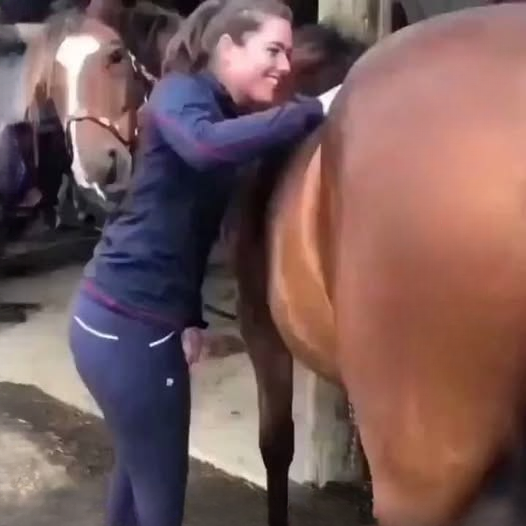My First Time: A Story of Pain, Ignorance, and the Need for Real Sex Education
My knuckles were white as I gripped the cold metal rail of the hospital bed. The antiseptic stung my nose, sharp and unrelenting. I stared at the ceiling tiles, counting them endlessly, anything to distract myself from the pain coursing through my body.
Tears blurred my vision as my best friend held my hand and brushed sweat-soaked hair from my forehead. I felt the tremor in her grip—a fragile bravery masking fear. Nurses moved quickly, calm but precise, packing gauze and trying to stop the bleeding that refused to relent. Every movement, every touch reminded me of the ache, the burn, and the shame all at once.
It was supposed to be intimate, maybe even beautiful in a messy, awkward way—the kind of moment people laugh about later. Everyone says you’ll remember your first time, but they don’t warn you that it can go wrong. Mine didn’t come with nervous giggles, soft kisses, or whispered promises. Mine came with blood-stained sheets, a ruined carpet, a bathtub like a crime scene, and three hospital rooms before the night ended.
I hadn’t been reckless or assaulted. I’d done nothing unusual. The problem was ignorance—and that’s what hurt the most.
No one told me I could tear so badly that my body would treat it like trauma. No one explained that even when you’re careful, even when you think you’re ready, things can go wrong. Sex education had been a series of diagrams and vague warnings—abstinence, STDs, a few biology terms—but nothing about emotional readiness, consent in practice, or communication. Nobody talked about lubrication, about recognizing pain, or knowing when bleeding isn’t “just part of it.”
So when it happened—when the pain hit harder than anything I’d ever felt, when sheets turned red, and panic consumed me—I didn’t know what to do. Was this normal? Was I overreacting? Should I call someone? By the time I reached the hospital, my body was trembling, my heart racing as if it might explode.
The nurses acted fast, speaking softly. “You’re going to be okay,” one of them said. Her name tag read Angela, and I repeated it in my head like a mantra. She explained I’d torn deeply and would need stitches. It wasn’t unusual, she said, but it was rarely discussed.
And she was right. Nobody talks about it.
The world whispers about sex, frames it as secret, shameful, something to navigate alone. We aren’t taught about aftercare, emotional readiness, or how to respond when things go wrong. Instead, we’re told to “be careful,” as if that alone suffices.
When I returned home days later, I couldn’t face myself in the mirror. My friend called me brave, but I felt anything but. I replayed the night endlessly, wondering what I could have done differently. But the truth is, I couldn’t have known. No one had told me.
This is why I’m writing now. Because if someone had prepared me—taught me what to expect, how to protect myself, and that it’s okay to stop—maybe I wouldn’t have ended up in that hospital bed.
I want to make sure no one else grips a hospital bed rail with white knuckles and tears in their eyes, asking themselves what went wrong during something that should have been safe.
This isn’t about shame—it’s about knowledge. Sex shouldn’t hurt like that. It shouldn’t end in blood, gauze, and stitches.
My first time is a story I’ll carry forever—not as a scarlet letter, but as a warning and a plea. We need better sex education. Honest, compassionate education that covers safety, anatomy, boundaries, consent, pleasure, and pain. Ignorance isn’t innocence—it’s danger disguised as purity.
I want my story to be the last of its kind—the last written in hospital blood and whispered apologies.
It’s time to start talking. It’s time to start teaching. No one’s first time should end the way mine did.
